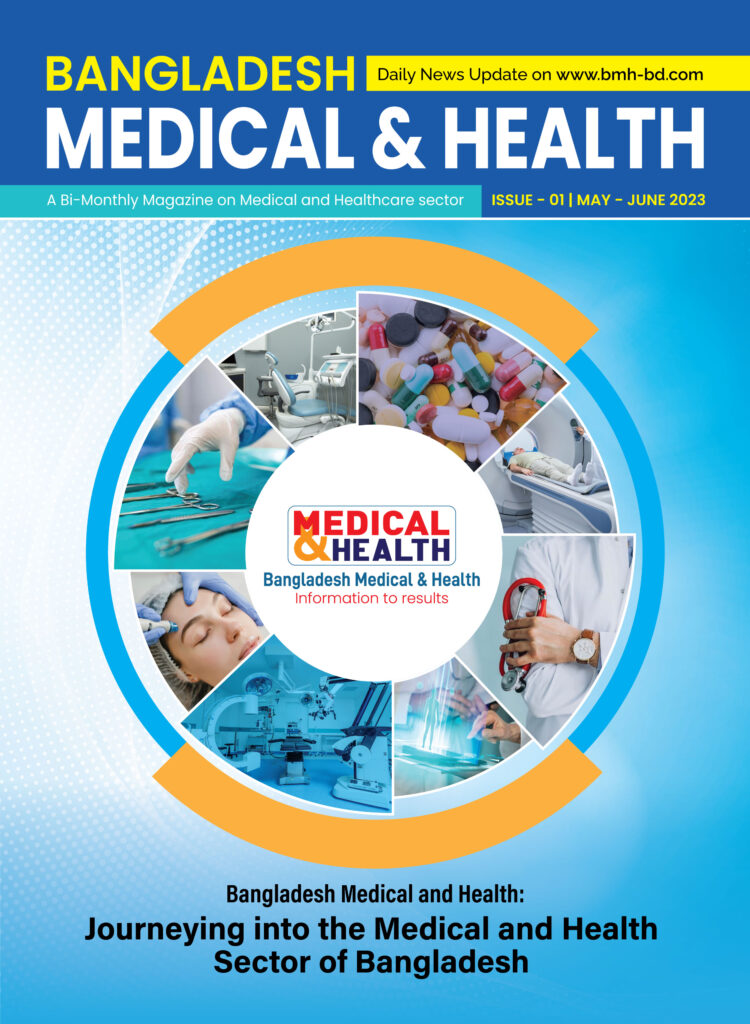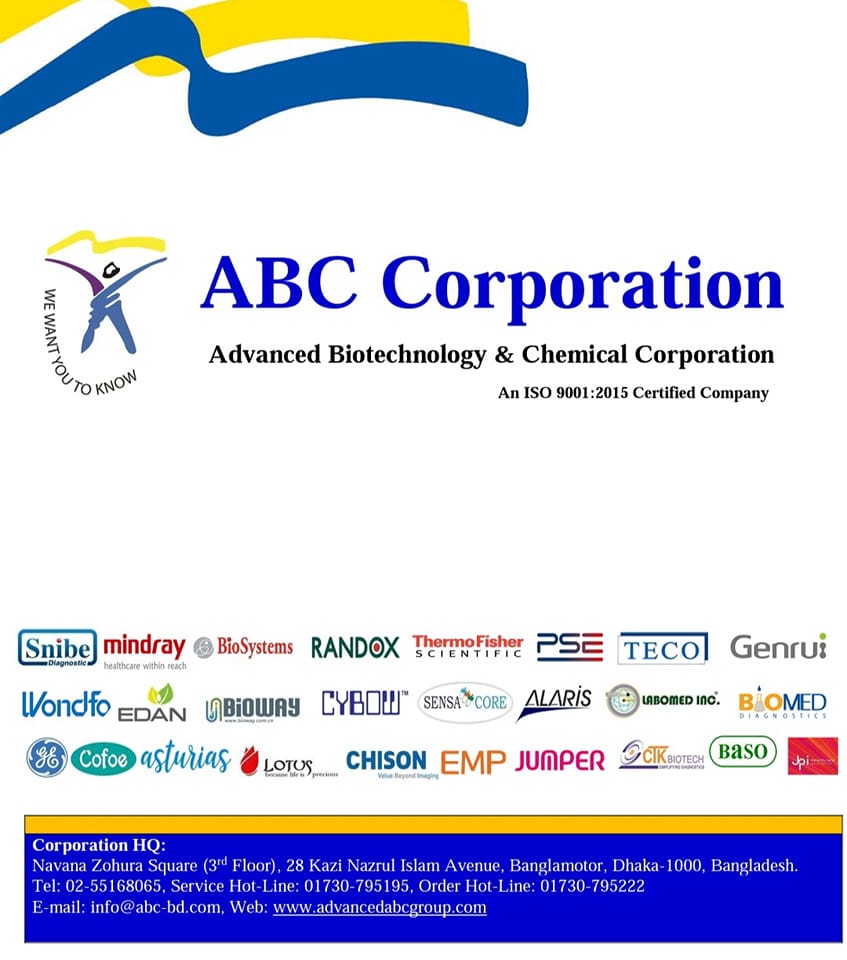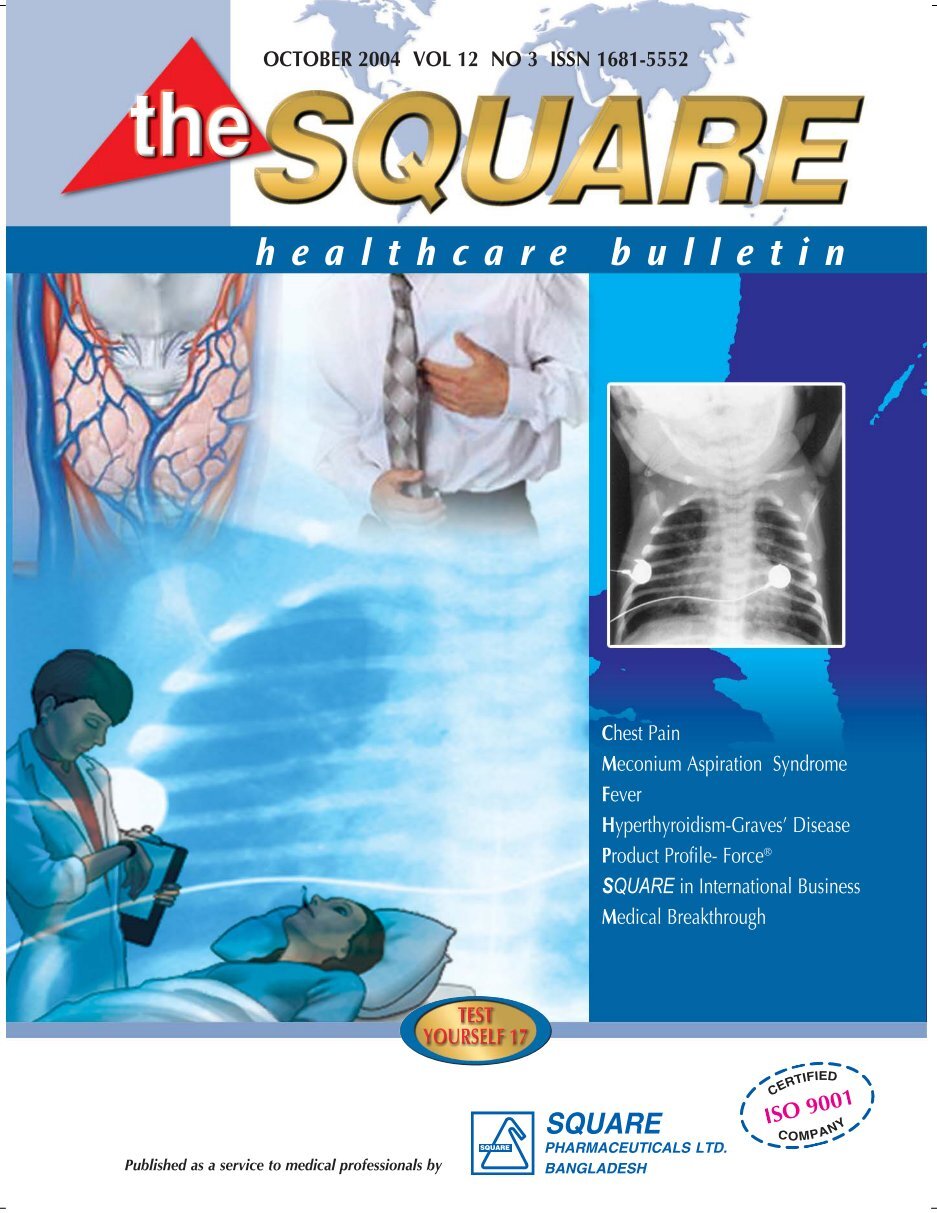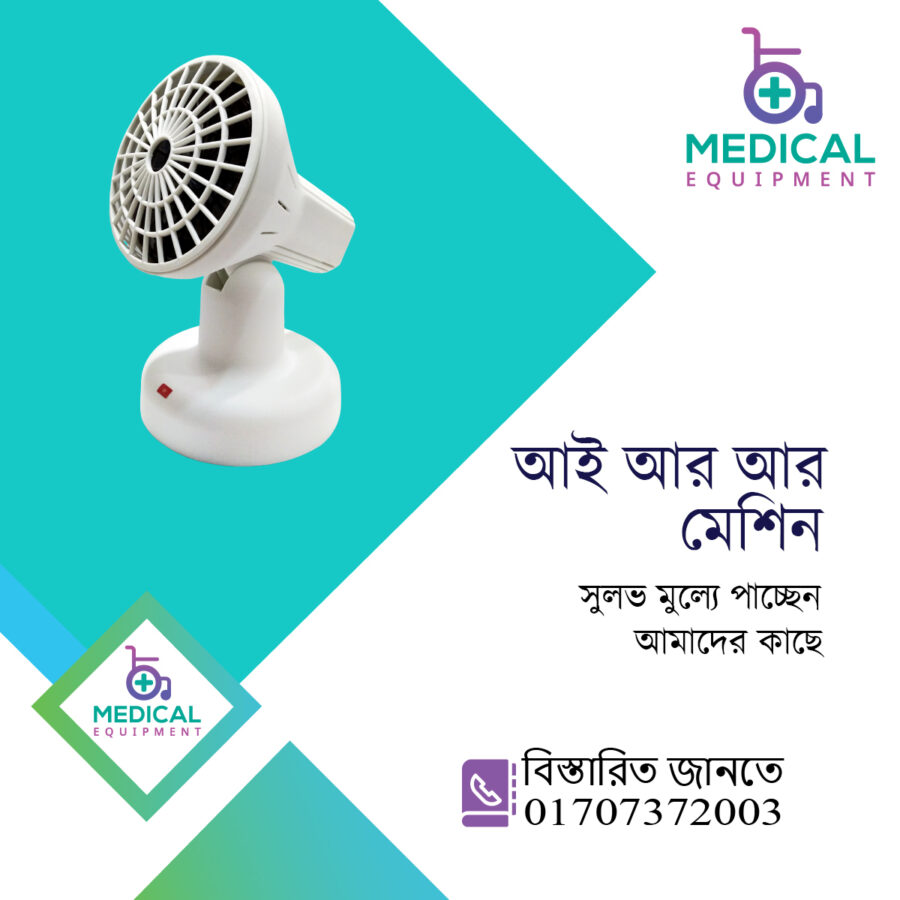The Impact of Artificial Intelligence in Healthcare: Advancements, Challenges, and Opportunities

Abstract: Artificial intelligence (AI) is revolutionizing the healthcare industry by offering new avenues for improved diagnostics, treatment planning, patient monitoring, and drug discovery. This article explores the transformative potential of AI in healthcare, discussing its advancements, challenges, and the opportunities it presents. From machine learning algorithms to natural language processing and computer vision, this article examines the wide-ranging applications of AI in healthcare, highlighting its potential to enhance patient care and improve healthcare outcomes.
Introduction
The introduction section provides an overview of the growing significance of artificial intelligence in healthcare. It emphasizes the potential of AI to address existing challenges, improve diagnostic accuracy, and optimize treatment decisions.
AI Applications in Diagnostics
This section delves into the use of AI algorithms for diagnostics. It discusses the ability of AI systems to analyze medical images, such as radiographs, MRIs, and pathology slides, enabling early detection and accurate diagnosis of diseases. It also explores the potential of AI-powered diagnostic tools in areas like dermatology, ophthalmology, and pathology.
Treatment Planning and Precision Medicine
AI plays a crucial role in treatment planning and precision medicine. This section highlights how AI algorithms can analyze patient data, medical records, and genomic information to personalize treatment plans and predict treatment outcomes. It also explores the potential of AI in optimizing treatment recommendations for complex conditions, such as cancer and cardiovascular diseases.
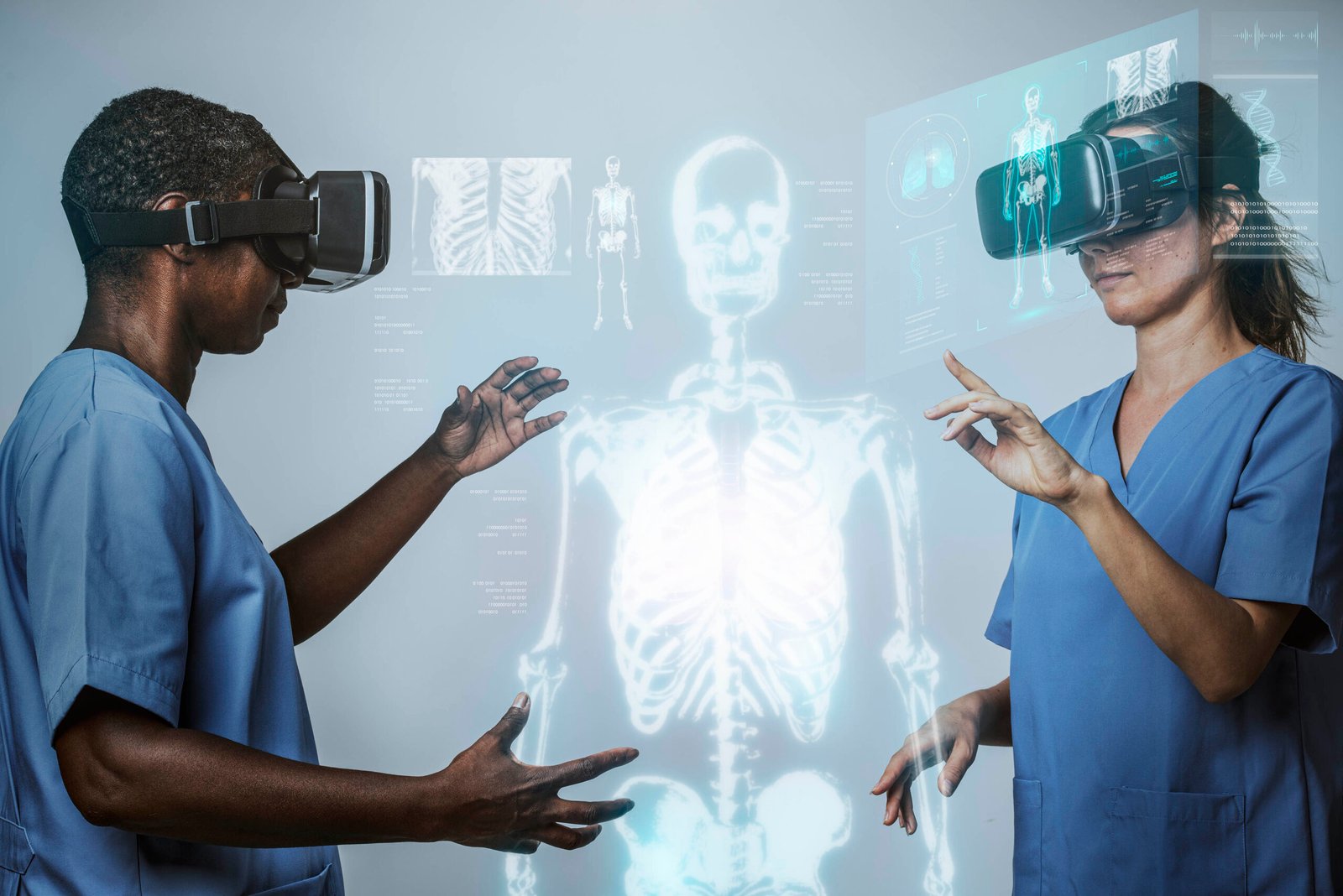
AI in Patient Monitoring and Predictive Analytics
AI-based systems are revolutionizing patient monitoring and predictive analytics. This section discusses how AI algorithms can analyze patient data in real-time, identify patterns, and alert healthcare providers to potential risks. It explores applications such as wearable devices, remote monitoring, and predictive modeling to predict disease progression and optimize patient outcomes.
Drug Discovery and Development
AI is transforming the drug discovery and development process. This section explores how AI algorithms can analyze vast amounts of biomedical data, accelerate drug discovery, and repurpose existing drugs for new indications. It also discusses AI-powered approaches for target identification, lead optimization, and clinical trial design, streamlining the drug development pipeline.
Challenges and Ethical Considerations
The integration of AI in healthcare comes with its challenges and ethical considerations. This section discusses issues such as data privacy, algorithm bias, transparency, and the need for regulatory frameworks. It explores the importance of ethical AI development and implementation to ensure patient safety, trust, and equity.
Opportunities and Future Directions
The article concludes by highlighting the vast opportunities that AI presents in healthcare. It discusses the potential for AI to enhance clinical decision-making, reduce healthcare costs, improve patient outcomes, and bridge healthcare disparities. It emphasizes the need for collaboration between healthcare professionals, data scientists, and policymakers to harness the full potential of AI in transforming healthcare.


